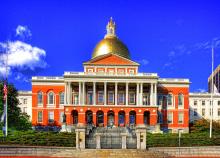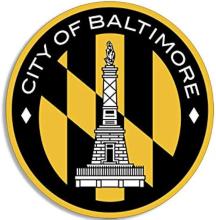Massachusetts Lawmakers Hold Hearing Today on Affordable Broadband Bill
Legislation that would require ISPs operating in Massachusetts to offer qualifying low-income households high-speed Internet service for $15 per month is set to have its first legislative hearing.
The hearing is slated to run from 11 am to 1 pm ET today before the Massachusetts Legislature’s Joint Committee on Telecommunications, Utilities, and Energy. Committee members will hear testimony on multiple bills, including two companion pieces of legislation known as An Act Preserving Broadband Service for Low-income Consumers – S.2318 (filed by State Sen. Pavel Payano) and H.3527 (filed by State Rep. Rita Mendes).
The proceedings can be viewed here.
Inspired by New York Law
The hearing in Massachusetts comes as similar legislation is being considered by state lawmakers in Vermont and California – all three of which are modeled on New York’s Affordable Broadband Act which, after numerous legal challenges, went into effect in the Empire State in January of this year after the US Supreme Court declined to intervene and overturn a U.S. Appellate Court ruling that upheld the law.
Like the New York law, the bill being proposed in Massachusetts requires ISPs operating in Massachusetts to offer qualifying low-income households high-speed Internet service for $15 per month.
However, the Massachusetts bill set the minimum speed at 100 Megabits per second (Mbps) download to mirror the increased FCC definition for minimum broadband speeds that had been raised from the previous benchmark of 25/3 Mbps, which was the federal standard when the New York law was written.




